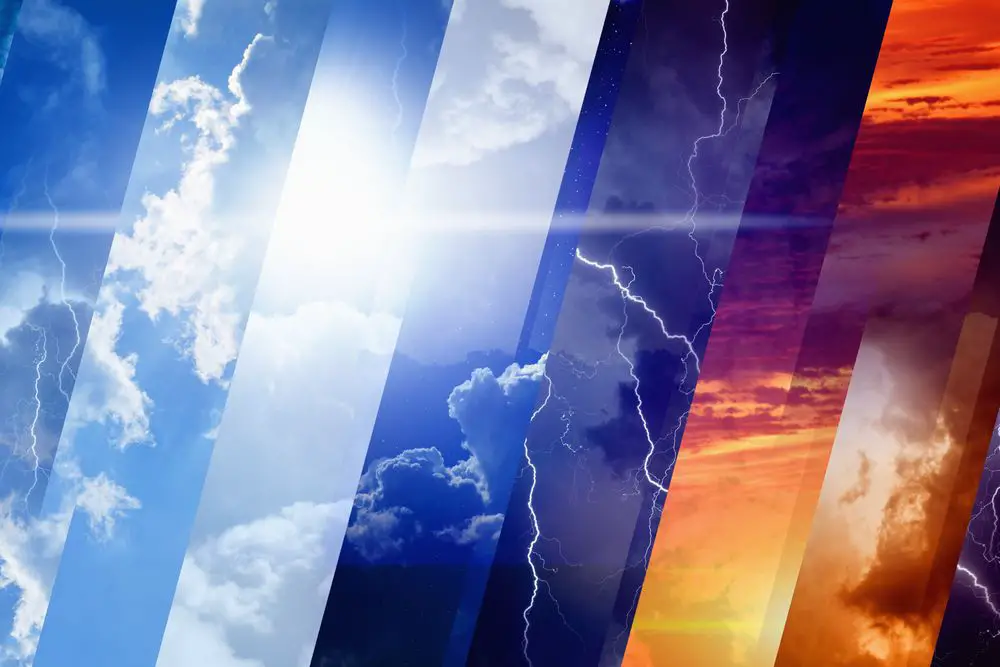
*As an Amazon Associate we may earn from qualifying purchases when you buy through links on our site.
Stormy weather makes for a great time to stay indoors and watch TV. But will TV signal problems invariably crop up when you’re watching over the air (OTA) channels with an outdoor antenna?
Poor TV Reception in Bad Weather
Weather can indeed affect your reception. Heavy rain, high winds, and high pressure systems all have an impact.
However, the result you’re likely to see today is different from that of 15 years ago. Before 2009 (i.e., in the days of analog TV) weather-related interference used to be a static or unclear picture, or even ghosting.
In today’s digital world, it’s more likely the screen will go blank and there’ll be a period when you see nothing at all.

That’s because a TV receiving radio signals from towers is smart enough to inspect the signal and determine if it’s complete.
If some information is missing, it won’t display anything. This ensures a high-quality picture with no deterioration from the original broadcast.
However, the transmission can disappear entirely during less-than-optimal atmospheric conditions.
Does Rain Affect TV Signal?
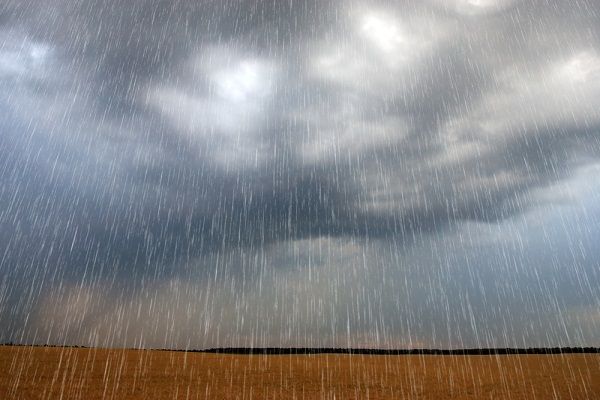
Normal precipitation has no impact, but heavy rainfall can reduce TV signal strength.
It can happen when there are enough fine raindrops that some of them absorb power from the signal. They can dissipate the signal, or, more commonly, they scatter it and cause interference.
Imagine a signal hitting a raindrop on one side and “coming out the back” in multiple places.
Each of these is a weakened signal, and some of them are moving off at angles rather than continuing toward your antenna.
Higher frequencies (i.e. shorter wavelengths) are more susceptible to scattering than lower frequencies.
Thus the phenomenon is more pronounced in UHF and the higher channels of VHF.
Rain is more likely to interfere with antennas than snow, largely because a raindrop is more dense than a snowflake. Hail is less a problem for reception than rain.
Does Heat Affect TV Reception?
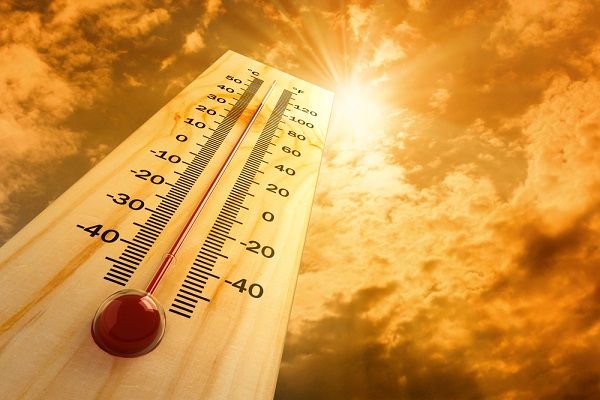
The mere fact it’s hot outside won’t have an impact. However, high pressure conditions that sometimes occur in hot weather can create a situation.
Sometimes, high-altitude conditions cause high tropospheric air to cool more quickly than air near the ground.
When that takes place, lower warm air gets trapped and there’s a border between cold and warm air layers.
Broadcast signals can skip along the cold air layer and travel much farther than they normally could.
Ham radio operators look forward to talking to people all over the world in such “skip” weather conditions, but those circumstances won’t improve the situation for television.
If there’s a station a few hundred miles away on the same direct frequency as the local channel you’re watching, there can be disruption and some pixelation from that unwanted signal trying to sneak in on the one you want.
This is especially likely on cloudless summer evenings with high pressure and little or no wind.
This is called tropospheric propagation or tropospheric ducting. The next time you want to impress your friends, tell them, “We might be in for a little tropospheric ducting tonight, folks.”
NOTE: To see if you’re affected by tropospheric ducting, take a look at the six-day worldwide forecast from the DX Info Centre.
Does Cold Weather Affect Digital TV Reception?
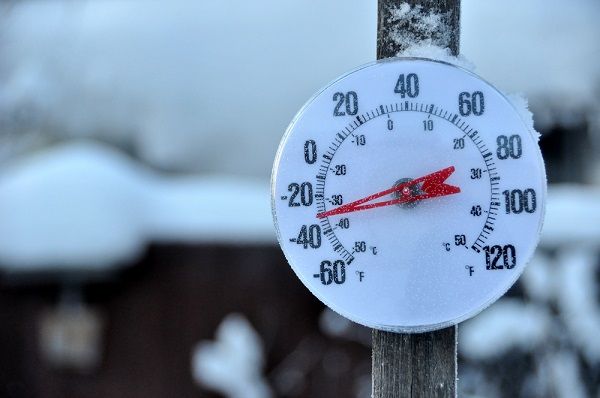
As with hot weather, cold weather days won’t affect antennas in and of itself. However, with certain pressure situations you can have something similar to the hot weather issue.
It happens when there’s a temperature inversion: Instead of air steadily getting cooler when moving from the earth and through the troposphere, cold air gets trapped in a layer.
The cold air layer can be at the surface, or between a warm layer on the earth and another warm layer close above it.
If towers are actually inside a cold layer, or if their signals hit the bottom of a cold air layer at a gradual angle, there can be propagation.
Again, signals from outside one’s normal viewing area may reach antennas and cause interference.
What About Wind and Storms?
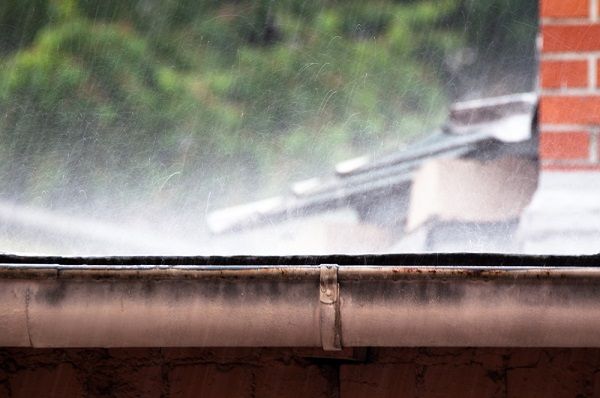
If there’s a nearby lightning strike, or heavy static charge in the air, temporary disruptions of service may arise. These are often bursts of static that are over as soon as the lightning bolt has struck.
The bigger threat is to your set. If antennas aren’t properly grounded, the electricity can travel through cables and frizzle TVs. And it doesn’t have to be a direct hit; a strike in the vicinity can do its trick.
As for wind, if antennas are swaying, their ability to capture signals may be lessened. And while the wind doesn’t affect signals directly, it can do its disservice though its impact on objects in the line of sight from the broadcast tower to you.
